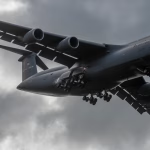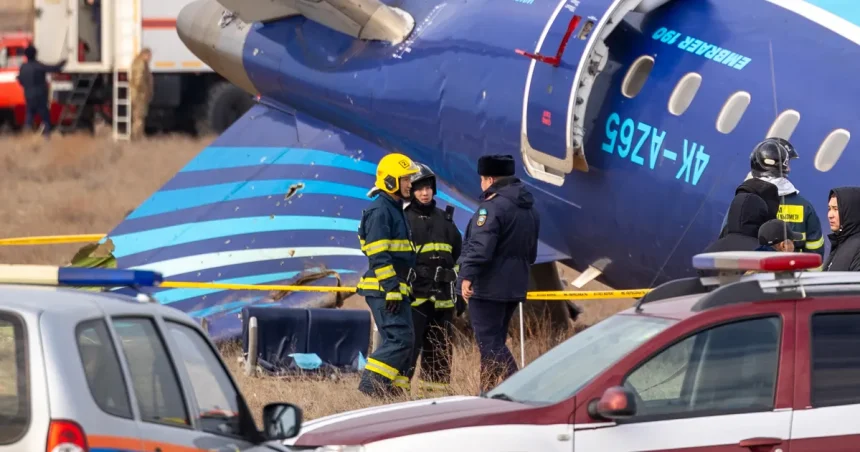The Chain of Events
On December 25, Azerbaijan Airlines flight J28432 was en route to Kazakhstan when it crashed under mysterious circumstances. Initial investigations by Azerbaijani authorities hinted at external interference, which was later confirmed when radar data and wreckage analysis pointed to the deployment of a Russian surface-to-air missile. Despite this evidence, Russian officials initially denied any involvement, instead promoting theories about weather anomalies and pilot error.
According to President Aliyev, Azerbaijan received no official acknowledgment from Moscow for three days. “This is not just a tragedy for Azerbaijan; it is also a tragedy for humanity. The cover-up attempt by Russia further worsens the pain of the victims’ families,” Aliyev added.
Diplomatic Implications
The crash and the ensuing diplomatic fallout have cast a long shadow over Azerbaijan-Russia relations. President Aliyev’s statements mark the latest in a series of criticisms directed toward Russia’s foreign policy in the region. The president’s comments signal a decisive shift in Azerbaijan’s stance, potentially reshaping alliances and partnerships in Central Asia and the Caucasus.
Analysts believe this incident could have long-term implications on Azerbaijan’s foreign policy. “This event highlights Azerbaijan’s increasing frustration with Russian interference in its domestic and international affairs,” said political expert Aydin Safarov during an interview with a local Azerbaijani news outlet.
Demands for Justice
Azerbaijan has formally demanded a transparent investigation into the incident, with authorities calling for international oversight. The families of the victims have also issued a joint statement, urging global organizations such as the United Nations and International Civil Aviation Organization (ICAO) to hold Russia accountable for the tragedy.
“Our pain cannot be measured, but our demand for justice will not waver,” a spokesperson for the victims’ families said during a vigil held on December 28 in Baku.





